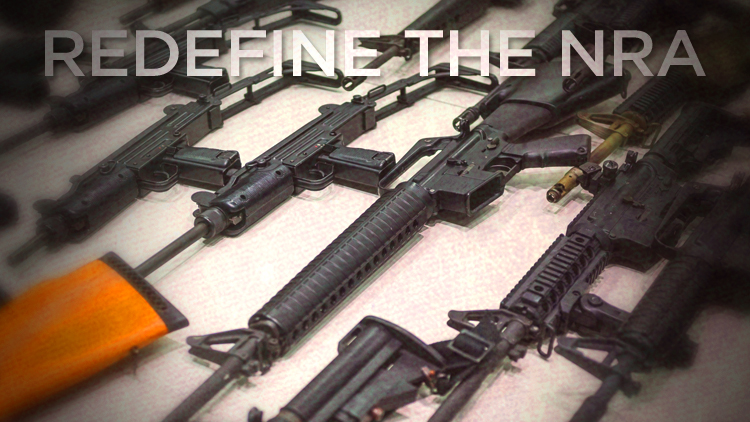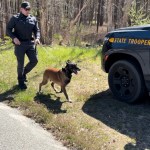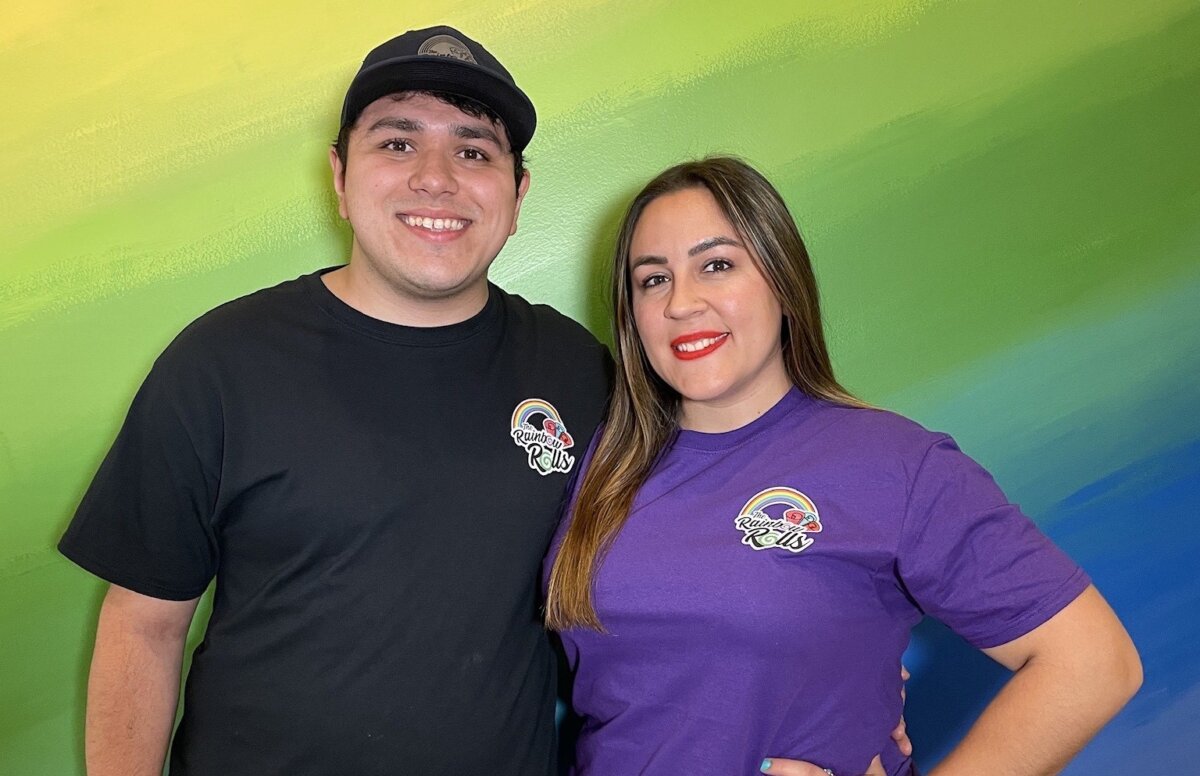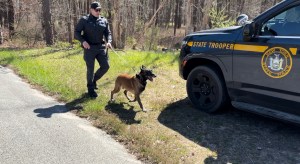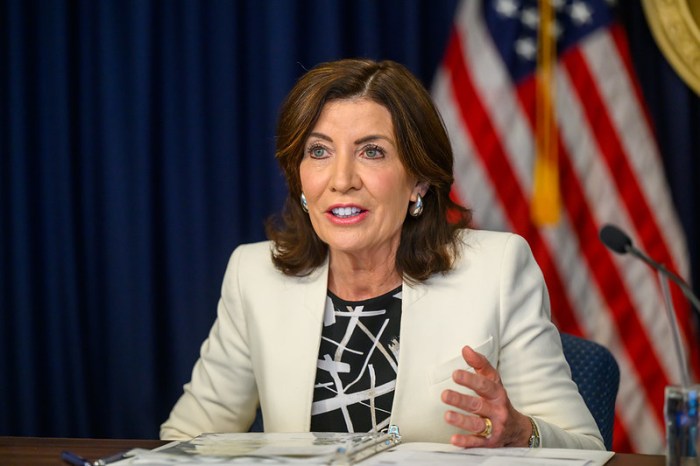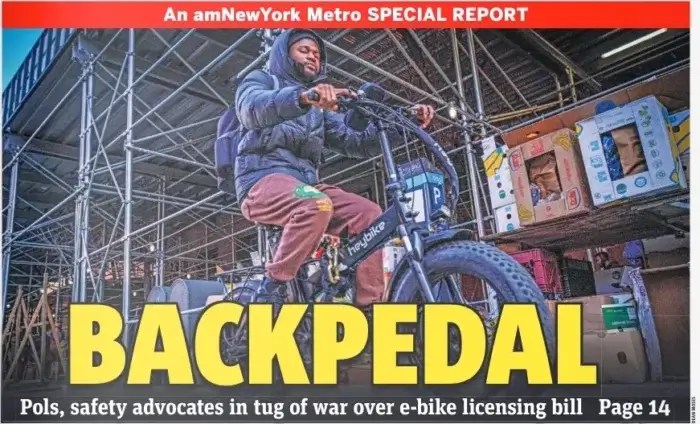The pro-gun activists are a slippery bunch. They understand the nuances that shape public conversation and exploit them to their greatest benefit. They are expert marketers. They make beaucoup sales.
Remember when Kentucky Fried Chicken became simply KFC? By changing the name of their restaurant, they changed the unhealthy perception that every delicious bite was not-so-slowly killing you. They took “fried” right out of the title, kept the Colonel’s famous recipe, and reaped healthy profits.
Brilliant.
The NRA has employed similar tactics. By getting ahead of the public conversation, they are able to shape the discourse away from the horror of children being brutally murdered in their primary-colored classrooms with slogans like “The only thing that stops a bad guy with a gun is a good guy with a gun.” It’s so catchy that even as it’s proven false, over and over again, shamefully and needlessly, it gets repeated.
They have doubled down on the pro-gun rhetoric in the wake of the Isla Vista mass killing that left a young Christopher Martinez, and six others including the shooter, dead. Martinez’s father Richard has brought a media blitz to his cause with his simple plea of #notonemore.
It’s a straightforward appeal for rational thinking about guns. He implores the people of this nation to consider the rights of those to live above those who believe it is their right to shoot. It is a father’s plea, absent of political speech.
Which is why, I suppose, I reacted so strongly to a Salon article I read recently, which discussed how media outlets are redefining what they consider to be school shootings.
The crux of the controversy is the Michael Bloomberg gun control group “Everytown for Gun Safety” that has been compiling school shooting data since the massacre at Sandy Hook Elementary. Some of that data has come under fire as stretching what constitutes as a “school shooting,” such as suicides or gang activity or after-hours gun deaths. These incidents don’t fit the profile of what’s been commonly accepted as a school shooting. CNN, and others, have taken umbrage to this.
I take umbrage to their taking umbrage. Because what we have here is not a numbers game, or a policy issue, or even politics. It’s not about the accuracy of reporting, it’s about syntax. It’s about the vernacular. It’s about saying that people getting shot nearly every day in this violent country isn’t as important as how we define it. It’s about diverting the conversation from the personal horrors that plague us as a country to rhetoric, removing us, bit by bit, from the actuality of the bloodshed.
And it works.
So instead of a lengthy op-ed on the merits or weaknesses of this argument, I say we go another way. Meet it head on. With a tiny detour.
If we are to redefine “school shootings,” I think definitions are fair game. Let’s call things what they are. Let’s lay it all out on the table.
Here are two definitions:
1. the use of violence and threats to intimidate or coerce, especially for political purposes.
2. a person who tries to influence legislation on behalf of a special interest.
These two definitions come from different places, yet both have similar aims. The second one, however, does not count among it terrifying the population in order to achieve their political means. And that’s what the NRA does. By instilling fear in the public that more and more weaponry is needed to protect ourselves from outside threats, they do more than inflate their bottom line: they redefine how our lives are led. They change the culture.
Words are powerful enough to influence radical changes. Gun owners are now storming Targets, Chipotle, and Starbucks in Texas, citing the open-carry mantra “a right unexercised is a right lost.”
The right they refer to—gun ownership, open-carry laws and unclosed loopholes that allow nearly anyone to purchase any type of weaponry undetected in some states—are fed by fear instilled by genius marketers who sell the public on the idea that they are constantly being threatened. This notion directly lines the pockets of the NRA, who, in turn, uses those funds to influence legislation on behalf of their interest.
That second part is from the latter definition of a lobbyist. But the manner in which they do so comes directly from the first. And if we’re calling it like it is, it’s time we incorporate that into our understanding of what the NRA is. The full picture includes the first part, which is the definition of a terrorist group.
I think Richard Martinez would agree.



